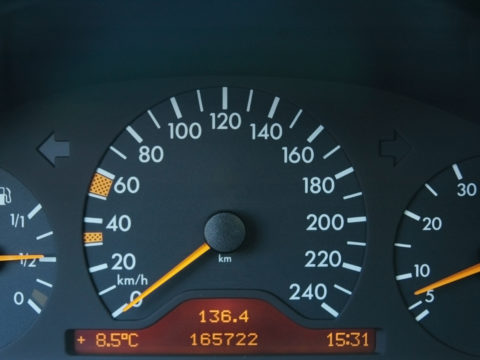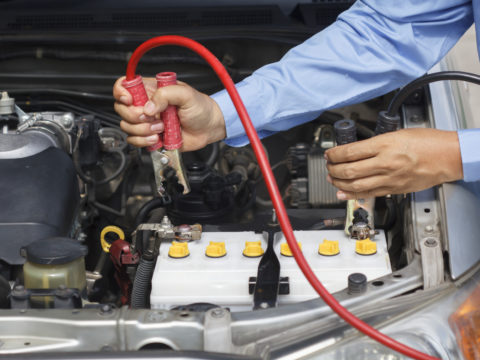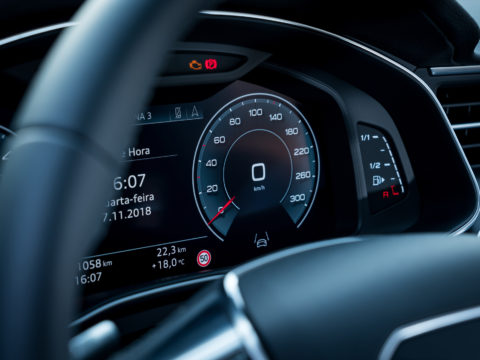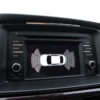Just because the Honda Civic is described as a dependable car doesn’t mean it can’t experience mechanical issues from time to time.
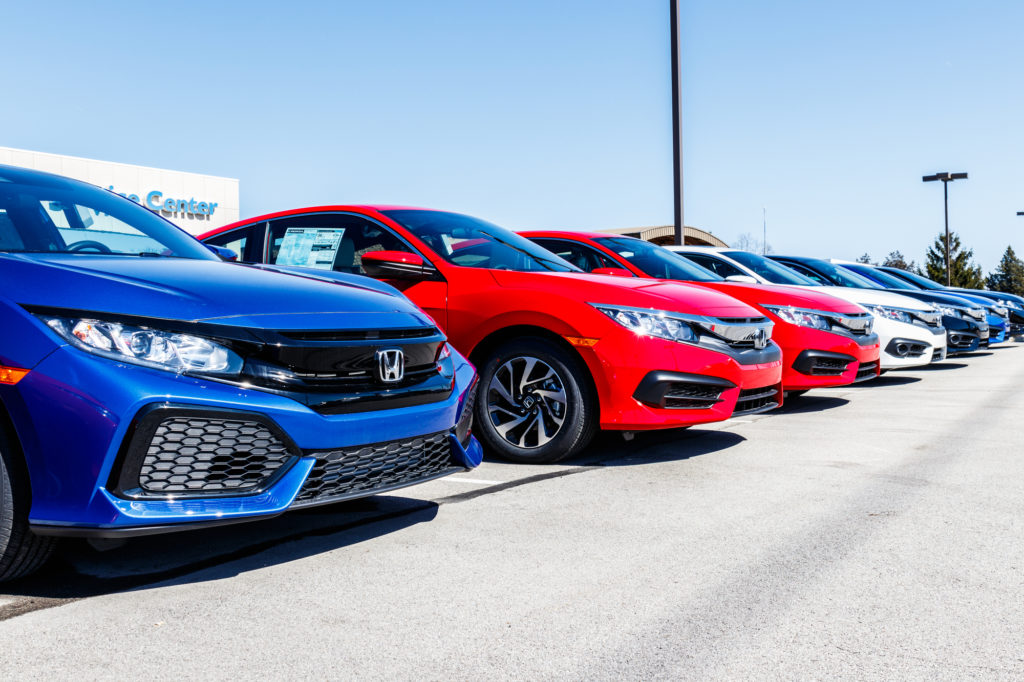
One of the most common issues owners of Civics experience is crankshaft failure. Other common reasons your Honda Civic won’t turn over include a faulty alternator, problems with your fuel filter and ignition, spark plug issues, or a faulty battery.
Contents
Honda Civic starting problems
Despite being amongst the most reliable compact cars (the Honda Civic won the North American Car of the Year Award in 2022!), Honda Civics can experience a number of different starting problems.
The prime suspect in instances of Honda Civic starting problems is almost always a dead or dying battery, which makes starting your motor impossible. However, Honda Civic owners may encounter all kinds of problems, some of which may require lengthy troubleshooting and assistance from a repair shop.
What causes a Honda not to start?
There are several things that can prevent your Honda from starting, from a broken fuel filter to a snapped timing belt. In order to identify what’s causing your Honda not to start, here are the most common scenarios related to Honda Civics:
Why does my Honda crank but not start?
You may find that your Honda Civic makes a cranking noise when you hit the ignition, but does not start the car. This is a common issue in all cars – but what causes it?
Possible causes
The most common culprits when your car cranks but doesn’t start are your fuel system and ignition. Other potential causes could be problems with the timing belt or the ignition coil.
The best way to troubleshoot your fuel system would be to use a fuel pressure test gauge. If this gauge registers 0 psi, then there’s something wrong with your fuel system. If it registers between 38 and 47, then it’s most likely your ignition that’s causing the problem.
Solution
Replace either the fuel system or the ignition – whichever you identify as the cause of the problem.
Honda Civic won’t start brake light flashing
If your brake light flashes whenever you hit the ignition of your car – don’t worry, this is one of the most straightforward fixes when it comes to Honda Civics.
Possible cause
If your Honda Civic’s dashboard lights are flashing whenever you try to start your car, then the problem almost definitely lies with the ignition system. This commonly means that your ignition has a weak connection to your battery and therefore needs to be fixed.
Solution
If this is the case, all you’ve got to do is replace the ignition switch.
Honda Civic no crank, no start
One of the most infuriating with a Honda Civic is not hearing it crank when you try to start it.
Possible cause
In most cases, a no crank no start scenario is caused by a dead battery. To determine this, ensure that the terminal c0nnectors are secured. Next, connect some jumper cables to the battery and attempt to give your car a jump start – if it works, then you’ve definitely got a dead or dying battery on your hands.
Solution
Allow the battery to charge up enough to drive your Honda Civic to the mechanic and get them to replace your battery.
Honda Civic won’t start but lights come on
If your Honda Civic won’t turn over but the lights come on, you can definitely rule out a faulty battery as the culprit. If you can switch on the lights, heater/AC, radio, etc., you can rest assured that there’s power in your Honda Civic. So what’s causing the starting problems?
Possible cause
Unfortunately, ruling out a dead battery doesn’t exactly narrow down your options in any useful way. The possible causes of this could be a number of things, including a failed ignition or starter, a poor alternator, spark plug, or a blocked fuel pump.
Given the vast amount of causes, you’ll have to take a bit of time to troubleshoot each individual component in order to identify the culprit.
If you hear the starter motor making noises when you hit the ignition switch, then the problem most likely lies with the fuel pump or spark plugs. If the starter motor does not make noises, then it’s undeniably the starter that’s the problem.
Solution
If you identify the fuel pump or the spark plugs to be the root of your issue, it would be best to get your vehicle towed and enlist a mechanic to resolve the issue (unless you have car expertise yourself). If you identify the starter motor to be the cause, you can try lightly tapping it with a hammer. If this does nothing, then you’ll have to get it repaired or replaced.
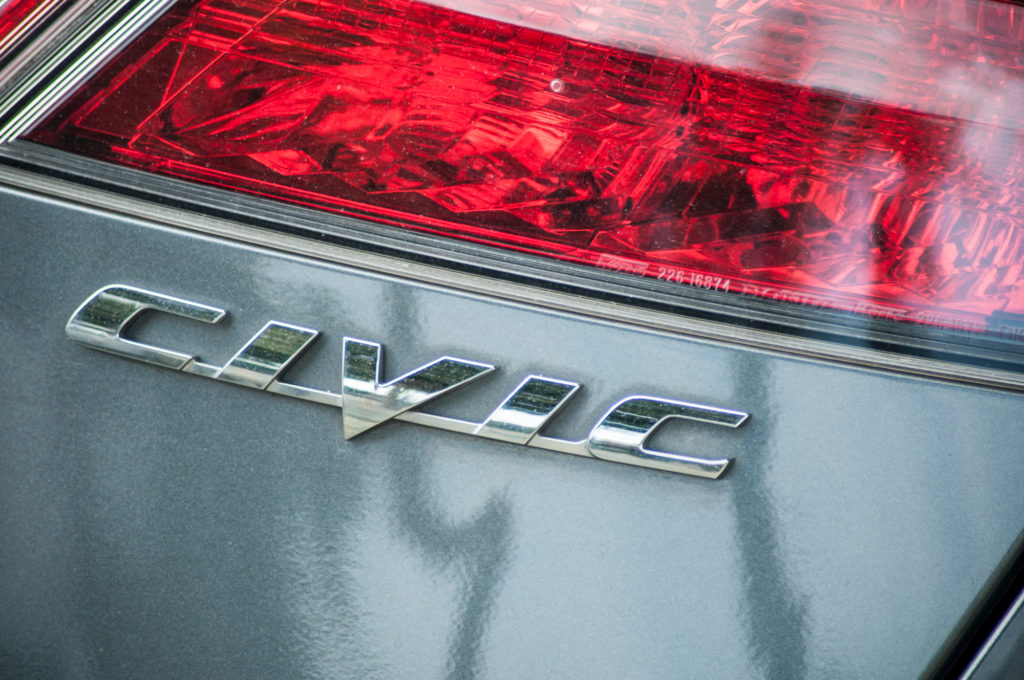
Honda Civic not starting, clicking noise
If your Honda Civic refuses to start, listen out for clicking noises.
Possible cause
The cause of these clicking noises is most likely a faulty Honda Civic alternator. To test the alternator, try jump-starting your car. If the car works after jump-starting, then the alternator is most likely having trouble charging the battery.
Solution
The best solution for this one would be to take your car to mechanic – faulty alternators can be quite difficult to fix, and it wouldn’t hurt to get an expert’s opinion on the matter.
Other causes of Honda Civic starting problems
Another major problem you may encounter as a Honda Civic owner is a broken fuel filter. A clogged fuel filter will make driving more difficult and can eventually prevent your Honda Civic from starting at all. If the fuel filters are clogged, then not enough fuel can reach the engine, which prevents it from starting.
Another common cause is a loosened timing belt. If the timing belt does not appear to be tight, this could cause air leaks which could cause you trouble starting your car.
Another problem that could be preventing your Honda Civic from starting include the faulty battery cables.

